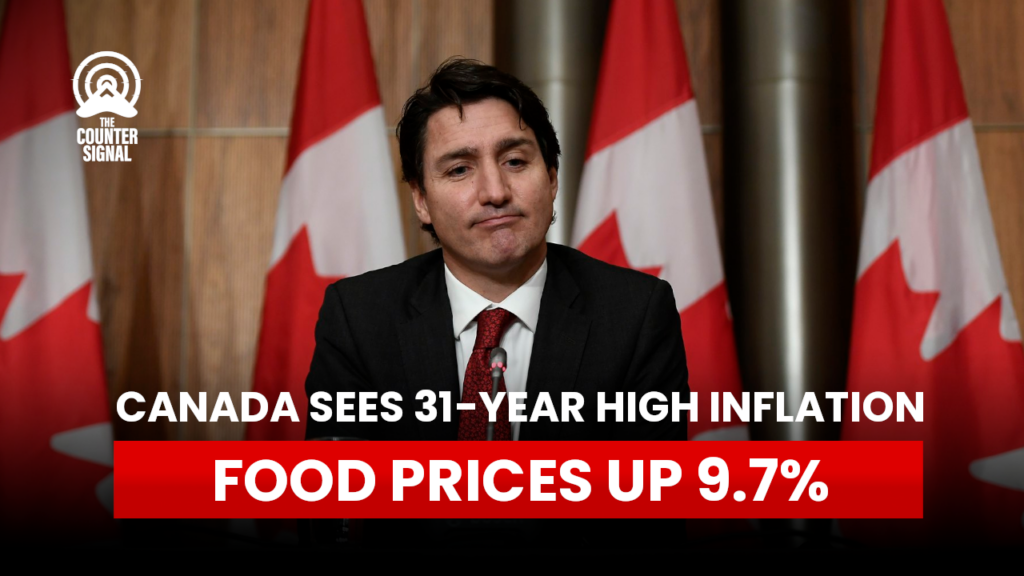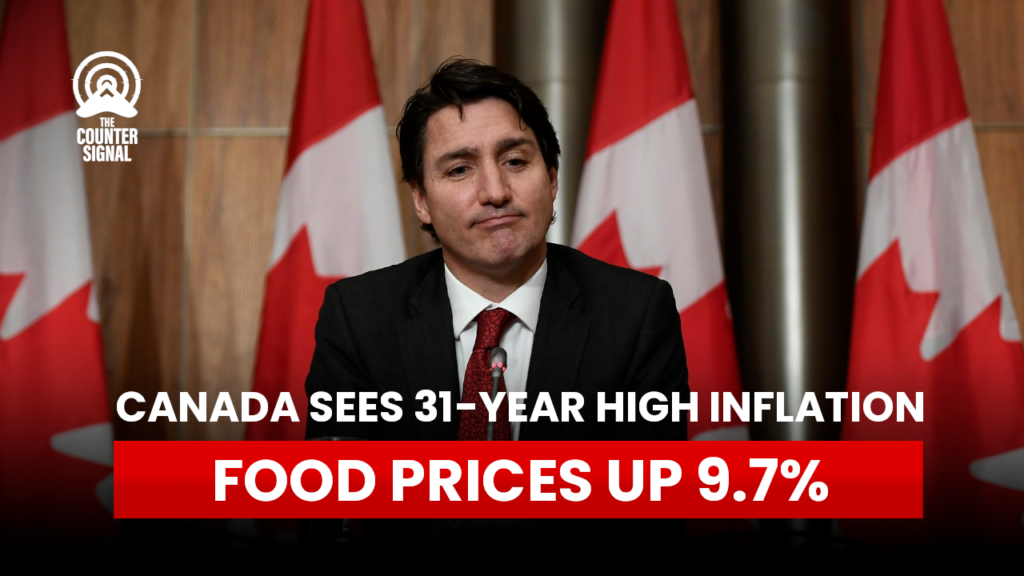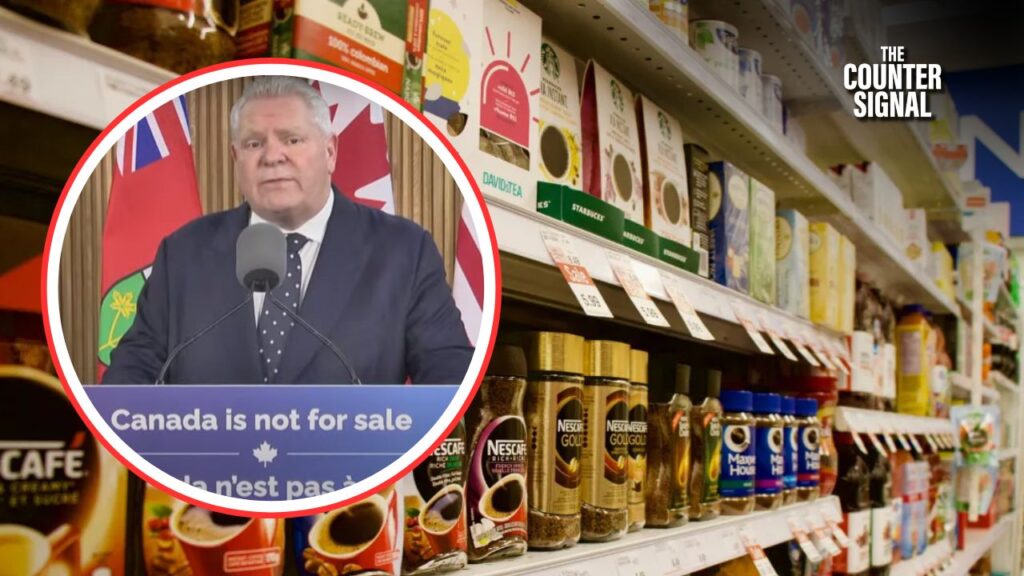In April, year-over-year inflation in Canada hit a 31-year high, a 6.8 per cent increase from last April, with food, housing, and gas prices skyrocketing across the country.

According to Statistics Canada, food and shelter prices drove the increase, while gas, which has surpassed $2 per litre across Canada, saw a less dramatic increase than in March.
“Excluding gasoline, the [Consumer Price Index] rose 5.8 per cent year over year in April, after a 5.5% gain in March. This was the fastest pace since the introduction of the all-items excluding gasoline special aggregate in 1999.”
Moreover, as StatsCan reports, Canadians paid nearly 10 per cent more (9.7 per cent) for groceries in April 2022 compared with April 2021. This price increase exceeded the 5 per cent inflation rate for the fifth month in a row and was the “highest increase since September 1981.
While nearly everything is more expensive, the following basic foods have all seen dramatic increases over the last year: fresh fruit is up 10.0 per cent; fresh vegetables are up 8.2 per cent; meat is up 10.1 per cent; bread is up 12.2 per cent; pasta is up 19.6 per cent; rice is up 7.4 per cent; cereal products are up 13.9%; and a cup of coffee is up 13.7 per cent.
Inflation hits another 3-decade high. Food prices rise 10%. #JustinFlation
— Pierre Poilievre (@PierrePoilievre) May 18, 2022
End it now: become a member so you can vote for me to become leader and end inflationary taxes and deficits.
Click here to join: https://t.co/vNmfswcOlG pic.twitter.com/RuWk4dq7oH
Soaring fuel prices have also had a ripple effect, leading to a 7.4 per cent year over year increase — the “fastest pace since June 1983.” Specifically, higher energy costs for heating homes, such as natural gas (+22.2 per cent) and fuel oil and other fuels (+64.4 per cent), greatly contributed to the increase.
“Reflecting the dynamic Canadian housing market, homeowners’ replacement cost (+13.0%), which is related to the price of new homes, and other owned accommodation expenses (+17.2%), which includes commissions on the sale of real estate, both increased in April,” StatsCan reports.
The price of a home also continues to rise, which has led to 63 per cent of Canadians who do not own a home have giving up on their dream of one day being homeowners, according to an a Ipsos poll.
“As housing prices rise, inflation continues, and interest rates go up… we can see that there’s a bunch of Canadians who have kind of given up on the idea of homeownership,” Gregory Jack, vice-president of public affairs at Ipsos, said in April.
2/2 The reason we have a *general* increase in prices is because of the massive money printing by the @bankofcanada to fund Trudeau’s deficits over the past two years. The Bank debased our currency — that is, indirectly taxed us — and we are now paying for it.
— Maxime Bernier (@MaximeBernier) May 18, 2022
These increases in prices have dramatically impacted Canadians, with a majority now saying they fear they will not be able to feed their families.
As previously reported by The Counter Signal in March, a different Ipsos poll shows that 63 per cent of those aged 18-34 and 67 per cent of those aged 34-55 express concern that they won’t be able or will struggle to feed their families.
Even amongst well-off Canadians who earn six figures or higher, concerns remain high, with 57 per cent saying they, too, worry about feeding their families. As for those earning less than $40,000 per year, 72 per cent say they are concerned.










